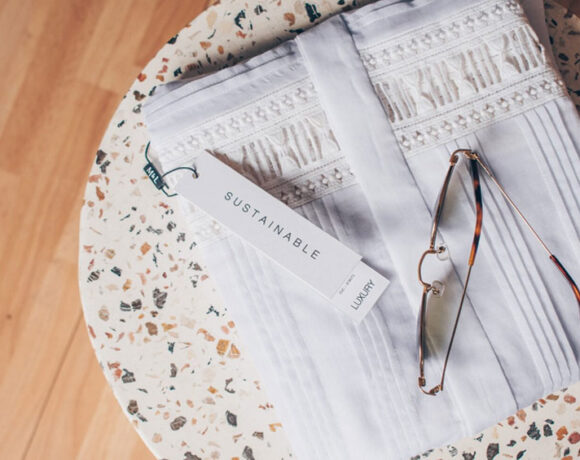Cone Debuting Sustainable Technologies For Denim At Kingpins

Cone Denim will debut Colourizd sustainable alternative technology for denim at Kingpins Show Amsterdam, April 24-25.
This technology, developed by Colourizd LLC, allows for a wide range of colours and textures while minimising processing steps, resulting in a more sustainable and efficient approach to textile colouration.
“Cone Denim is excited to launch this unique innovative colour technology,” Cone Denim Director of Innovation Caitlyn Holt said.
“Not only is this a first for Cone, but it is new to the industry. This technology will allow us to have a quantifiable impact with unprecedented natural resource savings per yard produced,” Holt added.
Colourizd’s revolutionary QuantumColour technology transforms textile colouration by directly infusing pigments and a binder into the yarn fibres.
“This advanced process enhances the yarn with vibrant colours, can create visual texture, and also eliminates the need for traditional dye baths and lengthy wet processing,” Cone Denim said in a press release.
By doing so, it significantly reduces environmental impact, paving the way for a new era in sustainable fashion and is also bleach-safe and provides excellent shade matching and colour consistency.
“At Colourizd, we are not just changing the way we colour textiles; we are redefining the future of sustainable fashion,” said Jennifer Thompson, CEO of Colourizd LLC.
“Our partnership with Cone Denim showcases the power of Colourizd’s QuantumColour technology to revolutionise textile colouration.” Thompson added.
“Together, we are proving that sustainability and vibrant fashion can go hand-in-hand, paving the way for a greener industry,” she stated
The technology is part of Cone Denim’s Sustainblue Collection, an environmentally friendly start-to- finish approach for making responsible denim.
Compared to conventional reactive dyeing processes, Colourizd technology allows for a 50 percent reduction in energy use at the dyeing process.
There is also a 73 percent reduction in carbon footprint, and a 98 percent reduction in water usage again in the dyeing process.














